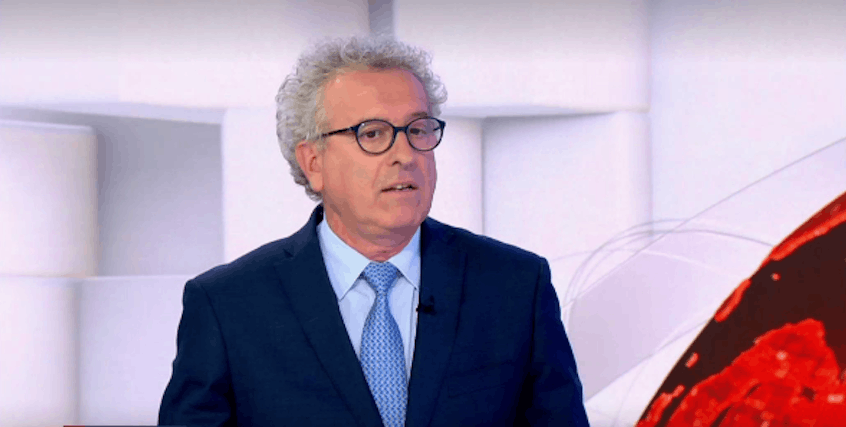Pierre Gramegna said:
“How can we convince working people and SMEs who have it much harder, that wealthy people and big companies can get out of it? We need a fair tax regime. Luxembourg has signed up for that.”
He added that Luxembourg was “now the best pupil” in transposing EU directives with the “most modern tax regime” and that the government wanted to “inspire the others” and “get them on board.”
In an interview with RTL Télé Lëtzebuerg on Tuesday 7 November, Pierre Gramegna said that the Eurogroup will present a new “black list” of tax havens next month, which had been in the making for the past 2 years. It was unlikely that any EU member states would be on that list. The EU had the ambition to be trailblazer in this area and create a global level-playing field, Gramegna said.
Responding to Asselborn
When asked about the recent statement by foreign affairs minister Jean Asselborn on German TV that he was “embarrassed by the tax rulings”, the finance minister responded that:
“I don’t want to be embarrassed by something I am not responsible for,” alluding to previous governments’ decisions. He found Asselborn’s comments “a bit sweeping”, arguing that tax rulings are usually legal in Luxembourg, but people’s perceptions on them had changed, and this had become a question of ethics.
Gramegna said that “we’re working on it; there are fewer rulings but we’re still doing them to provide legal certainty.”
But “if the end results are morally indefensible and not in line with international standards, then that is regrettable and they should not be done.”
He explained as well that the focus had shifted away from countries to individuals and multinational companies who abuse the system. The pressure was now piling on them, Gramegna argued. He argued that this may lead to a fairer society and that “we need to act and change laws.”
ESMA funds supervision?
Gramegna said that the talks on the commission proposal to extend ESMA supervision to funds went well and that he had put forward several criticisms which had been welcomed by “a dozen member states”, and that he was happy about how the debate had gone.
The next Eurogroup president?
Concerning the rumours that he was in the race for the role of the next Eurogroup president, Gramegna said that the job had to be filled by someone who was finance minister when elected, not for the whole period.
